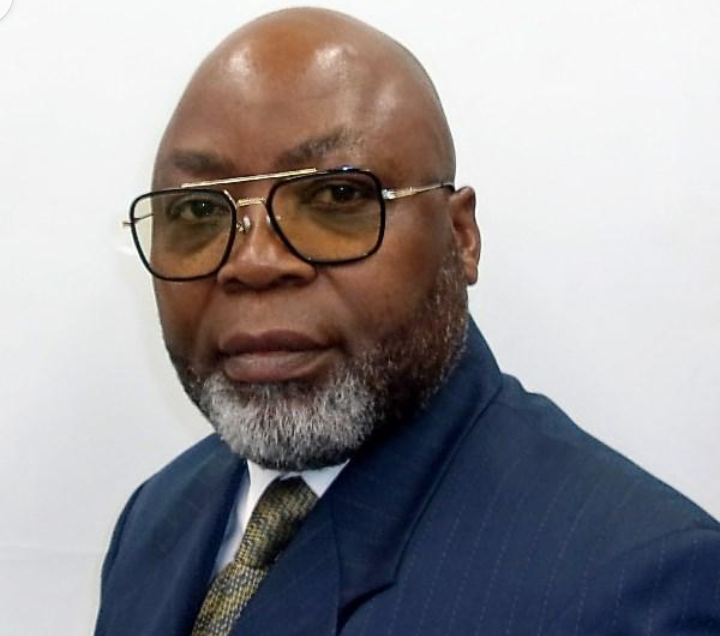Dr. Olusegun B. Abejide
When will Nigeria shake off its slumber? The lackluster performance of the 9th Senate should have jolted any nation aiming to rebuild its reputation into action, urging decisive steps from the 10th Senate. Throughout its tenure, the 9th Senate, led by Senator Ahmed Lawan was marred by echoes of the “Sai Baba” mantra, a symbol of its ineptitude. Such shortsightedness, among other failings, has contributed to the plight of Nigerians, leaving many in poverty and hunger today.
The hope was that, under the leadership of Akpabio, the Senate would steer Nigeria away from the path of destruction set by President Buhari and his Senate predecessor, Lawan. However, the persistence of these destructive patterns is still in motion today. It is disheartening.
From the onset, the 10th Senate’s rhetoric seemed to mock the plight of the impoverished masses with its “Let the poor breed” sentiment. Now, the spectacle unfolds with Senator Abdul Ningi pitted against the majority of the Senate, particularly its esteemed members. Mr. Akpabio, caution should be exercised, for as the Yoruba adage goes, “Whenever the talking drum sounds abnormal, its leather is about to tear off.”
Memories linger of the journey undertaken before your ascension to the presidency of the Senate. Expectations were high, yet reality fell short. Why do our political leaders fail to emulate the dignified conduct of their counterparts in other esteemed nations? Why do such “animalities” persist within the Senate’s chambers? These questions linger, begging for answers. It is high time for introspection and a shift towards responsible governance. Anyway, wisdom is often found in a few words.
In addition to the narrative, it’s imperative to lecture the Nigerian Senate on the principles of effective governance, drawing inspiration from nations renowned for their legislative excellence. The Senate must undergo a paradigm shift now, embracing professionalism, integrity, and dedication to public service.
First and foremost, legislators must prioritize the welfare and interests of the Nigerian people above personal gain or political affiliation. They should adhere to ethical standards, uphold the rule of law, and champion transparency and accountability in their proceedings.
The Senate must nurture a culture of inclusivity and collaboration, encouraging positive dialogue and bipartisan unity to confront critical national issues. Rather than engaging in divisive rhetoric and self-serving power struggles, senators should prioritize consensus-building and decision-making based on mutual agreement.
Furthermore, the Senate should focus on enhancing the capabilities of its members through continuous learning and capacity-building initiatives. By providing education and training opportunities on governance, policy analysis, and legislative procedures, senators can acquire the necessary knowledge and skills to fulfill their legislative responsibilities competently.
Lastly, if the current trajectory of uneducated and incompetent behavior persists among Nigeria’s legislators, it may indeed be prudent to reassess the efficacy of the Senate as an institution. Scrapping or reforming the Senate may be necessary to pave the way for a more functional and accountable system of governance that truly serves the interests of the Nigerian people.
In essence, the Nigerian Senate must strive for excellence, drawing inspiration from global exemplars of legislative prowess. By embracing professionalism, integrity, and collaboration, senators can fulfill their mandate to govern responsibly and contribute to the nation’s progress and prosperity.
Dear readers, we really need your support to keep on serving you with authoritative, truthful, and juicy stories everyday. For your support, please reach out to the editor @gavelinternational66@gmail.com

